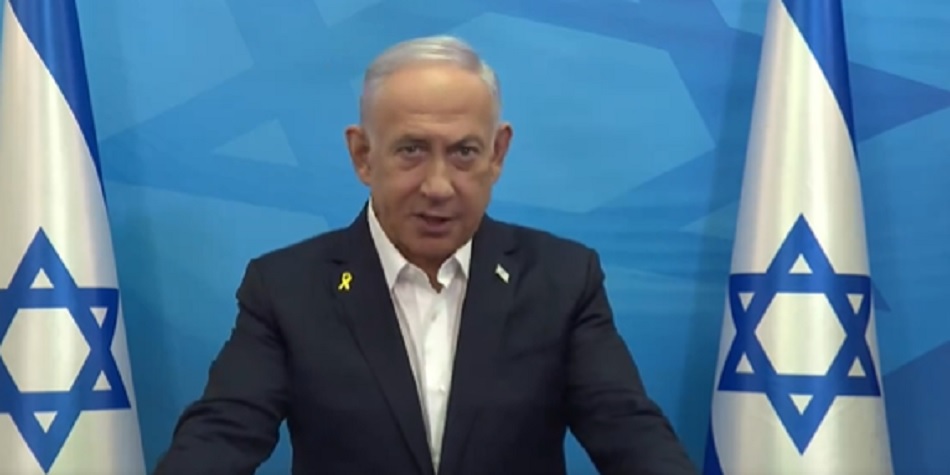
Israel Accepts Ceasefire Deal Brokered by Trump
Israel has formally agreed to a ceasefire deal mediated by U.S. President Donald Trump, effectively ending nearly two weeks of hostilities with Iran. Prime Minister Benjamin Netanyahu confirmed the acceptance of the proposal, asserting that Israel’s primary objectives in the conflict—including neutralizing Iran’s nuclear and ballistic missile capabilities—had been achieved.
Netanyahu stated that the decision was made “in light of the achievement of the operation’s goals” and thanked President Trump for his role in “helping end the Iranian nuclear threat.” He further declared that any violations of the agreement by Iran would be met with an immediate and powerful response from Israeli forces.
Temporary Calm Amid Renewed Strikes
Despite the ceasefire being formally in place, reports of continued military action from both sides emerged shortly after the agreement was publicized. Iranian missile strikes reportedly hit Beersheba in southern Israel, leading to civilian casualties, while Israeli forces carried out retaliatory air raids targeting radar and missile installations near Tehran.
President Trump issued a warning against further escalation, stating that both nations would face consequences if they undermined the fragile peace accord.
Civilian Impact and Casualty Toll
The human cost of the conflict has been staggering. In Israel, over 1,300 civilians were injured, and 28 people were confirmed dead. On the Iranian side, approximately 610 fatalities were reported, with nearly 4,700 wounded. Among the dead were hundreds of Basij militia members and a prominent Iranian nuclear scientist, reportedly killed during Israeli strikes on military compounds in Tehran.
Hospitals in both countries remain overwhelmed as medical teams work to cope with the influx of injured civilians and combatants.
Economic and Diplomatic Repercussions
The ceasefire announcement sparked immediate global reactions. Oil prices dipped sharply as fears of prolonged disruption to shipping lanes through the Strait of Hormuz subsided. Financial markets saw modest recoveries, while diplomatic circles praised the move as a step toward de-escalation.
President Trump is expected to highlight the ceasefire as a major diplomatic success at the upcoming NATO summit. However, analysts warn that without a permanent political solution, the ceasefire may only serve as a temporary pause in an unresolved geopolitical conflict.


















